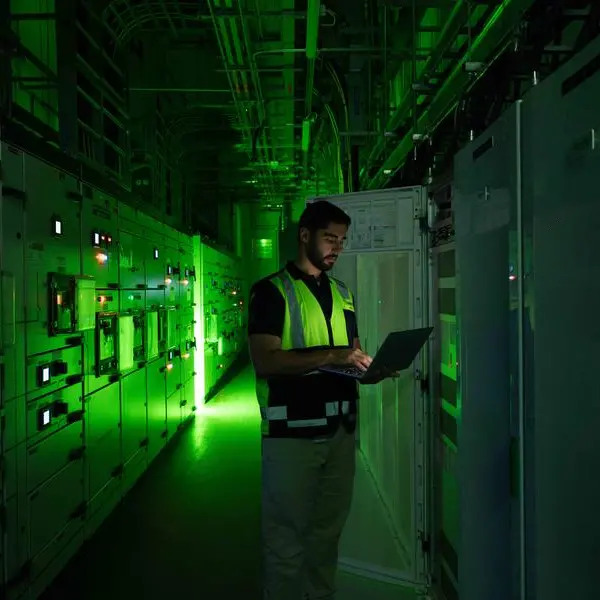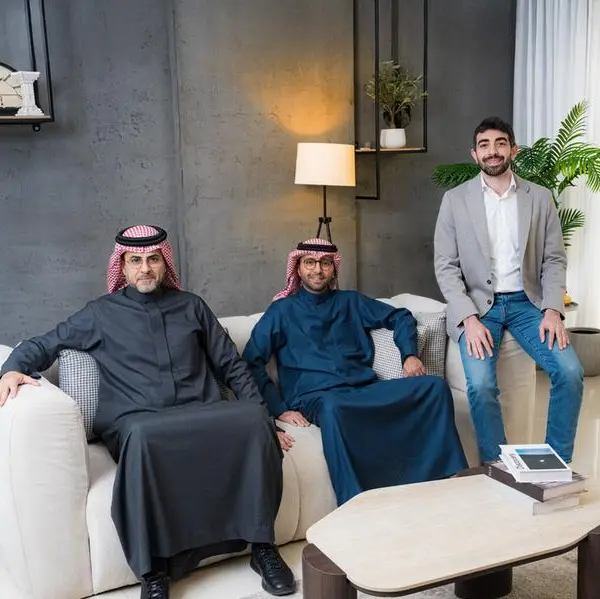Maswa District Council (DC) is among the six districts of the Simiyu region, the second poorest region in Tanzania with a population of 377,292 people (51 percent of which are women). Approximately, 57 percent of children under five (6-59 months) and 53.7 percent of pregnant women aged 19-49 years have anaemic symptoms.
In 2019, Maswa DC established a processing plant for orange-fleshed sweet potatoes (OFSP) to reduce malnutrition within the community. Orange-fleshed sweet potatoes are rich in Vitamin A and can help boost the immune system.
Through its Local Finance Initiative (LFI), UNCDF supported Maswa DC with a US$ 100,000 seed capital grant to cover the cost of connecting the factory to the national grid electricity, procuring high-capacity solar drying machines and working capital to operationalize the business.
To ensure the project's sustainability, UNCDF also worked with the local government to establish a company, which allows for shareholding of both Maswa DC and the local community.
Reliable market to smallholder farmers
Using working capital provided by UNCDF, Maswa DC purchased 23.88 MT of raw OFSP from local smallholder farmers. This intervention has provided a reliable market and a source of income to 58 individual local farmers (18 of which are women), three primary schools, one secondary school and one farmer group with 12 members (8 of which are women).
Through the project, farmers can now sell their produce to the factory, enabling them to get money to support their families and meet their basic needs.
Flora Nungu, a mother of three, says, "Before this project, we didn't have a stable market for our products, but since the coming of this factory, we are confident about the market." She adds, "my children are now in boarding school and I am able to pay for their accommodation and other school needs."
Improvement in food security
This enabled access to reliable, safe and affordable and reliable solar energy to power the factory with an installed capacity of processing 10 MT of raw potatoes into flour per day. The purchase of solar drying machines enables the factory to hold 3 MT of sliced potatoes at once. The solar food dryer improves food security by allowing more extended food storage after drying and reducing post-harvest losses.
Employment opportunities
The project has generated direct and indirect employment to the local community of Maswa. During construction of the solar drying stations, the plant employed 14 local people (three of which are women), contracted 14 casual laborers (6 of which are women) in processing the raw materials in the factory and two professional workers, who are both women.
Furthermore, this initiative has stimulated non-farming activities and increased income through indirect jobs that include 12 people (three of which are women) as food vendors (mama lishe) and cargo handlers.
Building a healthy community
About 33.3 percent of the under-five population have malnutrition, and 5 percent are underweight. Simiyu and the closer regions were affected by malnutrition and anaemia. Maswa's market segment includes children (from one year and above), people living with HIV/AIDs, pregnant and lactating mothers, diabetic people, elders among other vulnerable groups.
One of the marketing strategies of Maswa DC is to display and sell the potato flour in health facilities (dispensaries, health centres and hospitals) around the region.
Furthermore, since it is a new product, the Council uses its forums to create awareness to the community on the benefits and use of the flour as it contains all nutrients required for a balanced diet.
Supports local investment
Apart from its primary investment, through the Maswa project, the government was able to finance different special groups (i.e., women, people living with disabilities and elderly people) to open a small baking factory that consumes the raw material from the industry.
Improvement in rural community life
"Before the Maswa project, I used to do small labour work in different farms, with the project, now I have a full-time job which provides me with sufficient income to meet my day-to-day needs," shares Michael Nzwili, a worker at the factory.
This factory's presence will contribute largely to the lives of people in the Simiyu region. As one of the few potential projects under a Special Purpose Vehicle operated by the District Council, the Maswa OFSP factory will help the local government to increase own source revenue which is key for local development.
Distributed by APO Group on behalf of United Nations Capital Development Fund (UNCDF).
© Press Release 2021
Disclaimer: The contents of this press release was provided from an external third party provider. This website is not responsible for, and does not control, such external content. This content is provided on an “as is” and “as available” basis and has not been edited in any way. Neither this website nor our affiliates guarantee the accuracy of or endorse the views or opinions expressed in this press release.
The press release is provided for informational purposes only. The content does not provide tax, legal or investment advice or opinion regarding the suitability, value or profitability of any particular security, portfolio or investment strategy. Neither this website nor our affiliates shall be liable for any errors or inaccuracies in the content, or for any actions taken by you in reliance thereon. You expressly agree that your use of the information within this article is at your sole risk.
To the fullest extent permitted by applicable law, this website, its parent company, its subsidiaries, its affiliates and the respective shareholders, directors, officers, employees, agents, advertisers, content providers and licensors will not be liable (jointly or severally) to you for any direct, indirect, consequential, special, incidental, punitive or exemplary damages, including without limitation, lost profits, lost savings and lost revenues, whether in negligence, tort, contract or any other theory of liability, even if the parties have been advised of the possibility or could have foreseen any such damages.



















